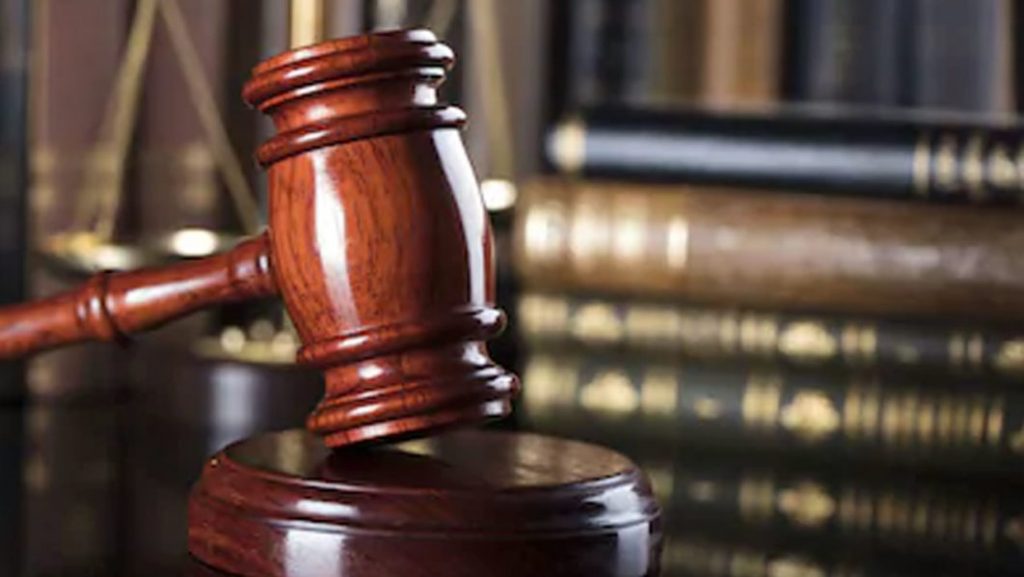
By Edith Nwapi
Officials of the Independent Corrupt Practices Commission (ICPC) can stand as prosecution witnesses in bribery cases, an FCT High Court ruled on Monday.
Justice Peter Kekemeke gave the ruling in a N10 million bribery suit filed against former Chairman of Gwagwalada Area Council, Malam Adamu Danze.
The ICPC had charged Danze with six counts of demanding N10 million kickbacks from a contractor handling construction projects in the area council.
It alleged that in March 2018, Danze demanded a N10 million bribe from the contractor handling the construction of a double cell culvert at Paiko-Kore (Gwagwalada).
It alleged that the defendant demanded that the director, Remotosh Construction Ltd., Mr Aremu Omotosho, should transfer the money to the counsel handling his election petition matter.
ICPC stated that the offence contravened the provisions of sections 10(a), 18(d) and 19 of Corrupt Practices and Other Related Offences Act, 2000.
Danze pleaded not guilty to the allegations.
His defence council, Mr Abdul Mohammed (SAN) had on July 7, 2002 argued before the court that an ICPC official was not eligible to stand as prosecution witness in the case.
Justice Kekemeke ruled on Monday, however, that by virtue of Section 175 (1) of the Evidence Act, the witness is eligible to testify.
Section 175 (1) of the Evidence Act states that: “all persons shall be competent to testify unless; the court considers that they are prevented from understanding the question put to them.
He added that the witness was in court to tender documents which were already in the public domain and had not said anything before the lawyer’s objection.
Kekemeke further challenged the defence counsel to provide the relevant law which stated that the witness was not eligible to testify.
The judge adjourned the case to March 2 for continuation of trial after Danze’s lawyer prayed the court for the adjournment because his principal was not in court.
In March 2022, ICPC’s counsel, Mr Michael Adesola presented the second prosecution witness Ms Mutayo Idoku who happened to be a lawyer from the law chambers that handled Danze’s election petition matter.
Mohammed, the defendant’s lawyer opposed the move, saying that the witness could not give evidence in the matter by virtue of section 192 (1) of the Evidence Act.
The section states that: “no legal practitioner shall at any time be permitted, unless with his client’s express consent to disclose any communication and for the purpose of his employment as such legal practitioner by or on behalf of his client.’’
He promised to provide relevant literature and a written submission on whether or not Idoku could give evidence in the matter. (NAN)



